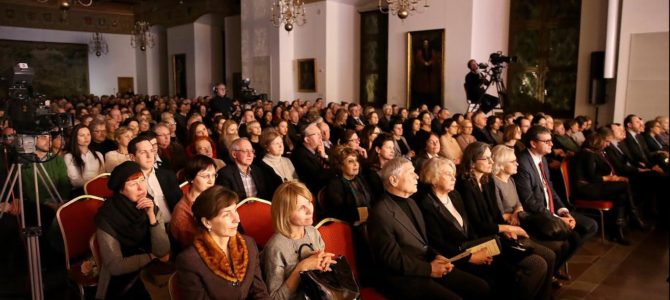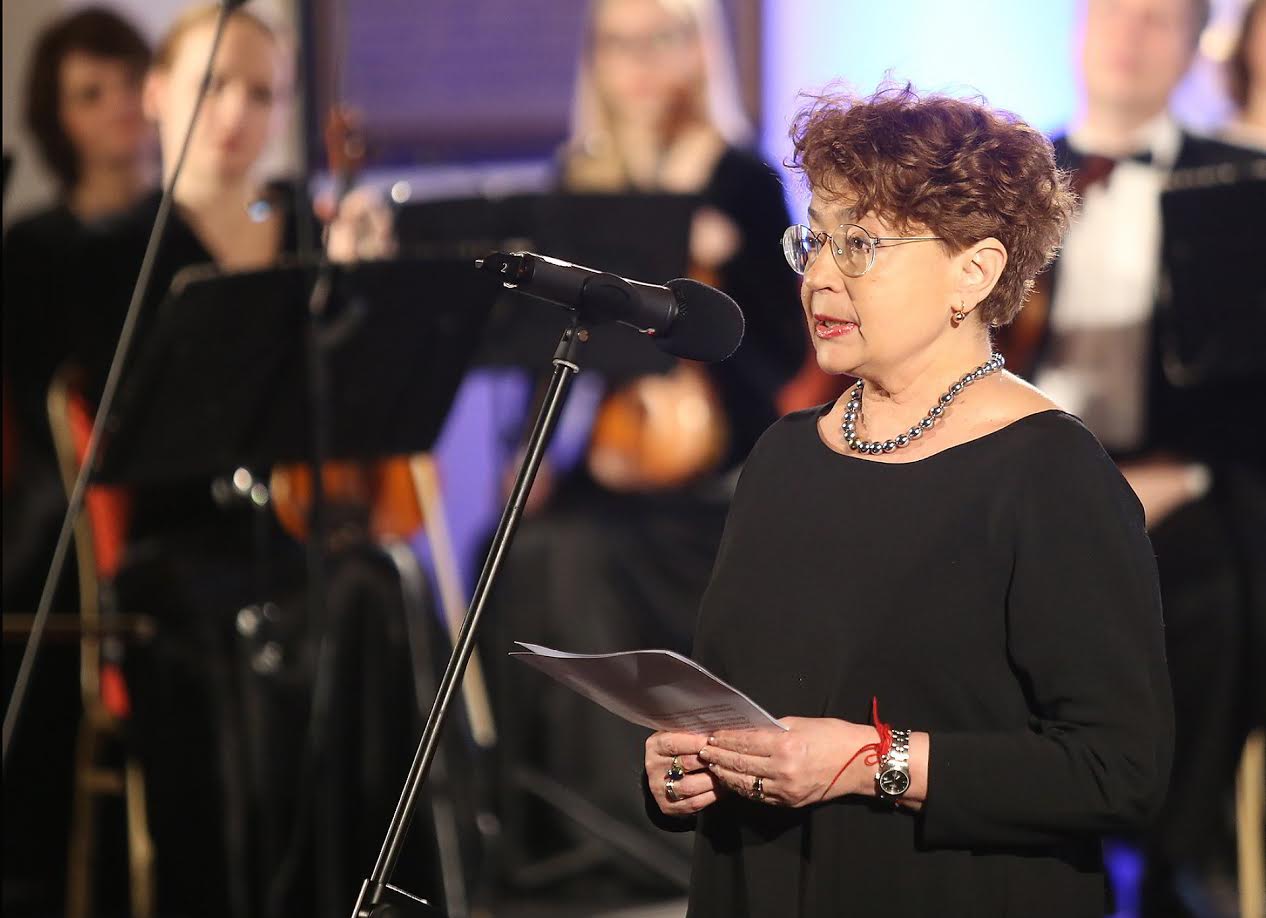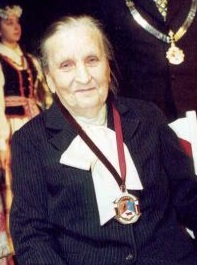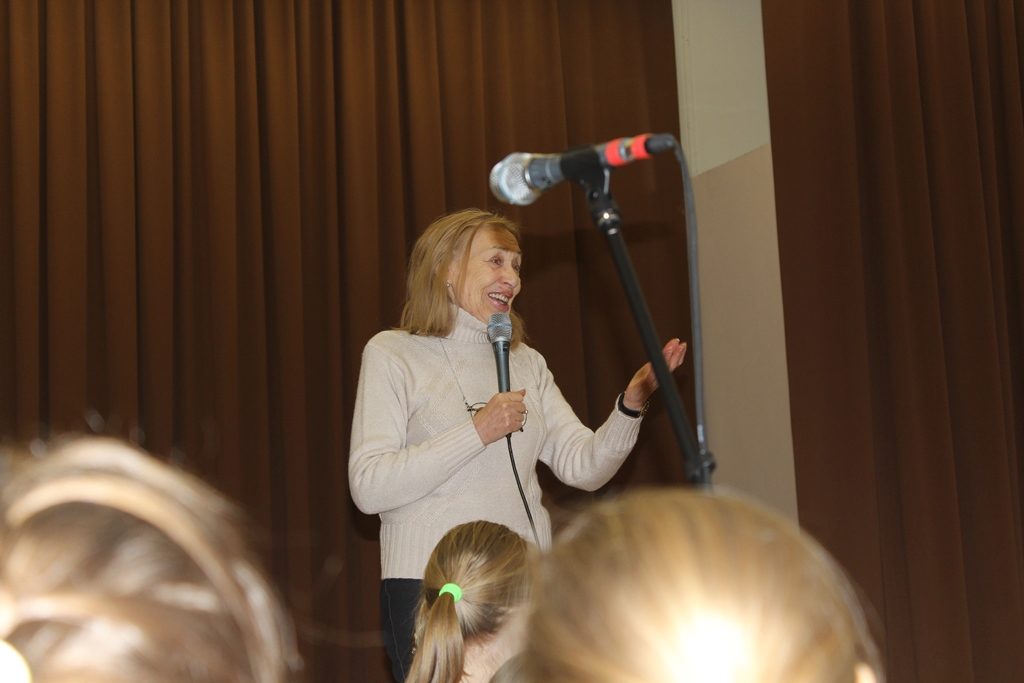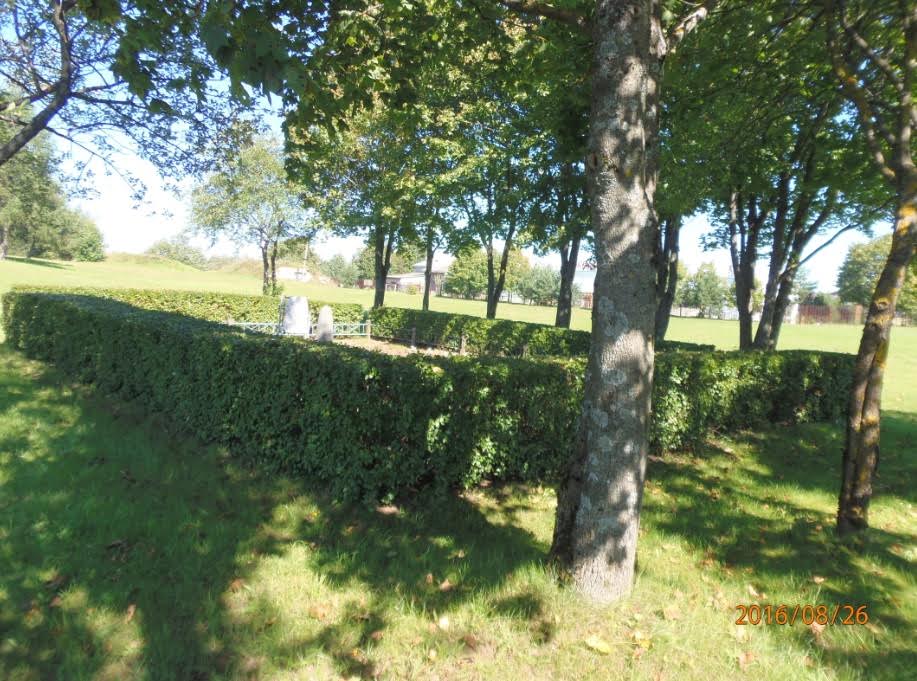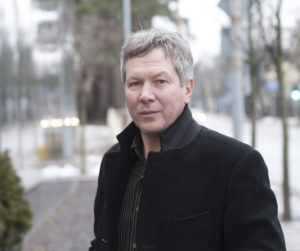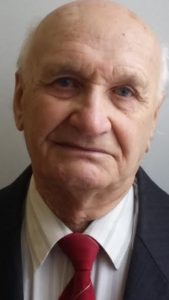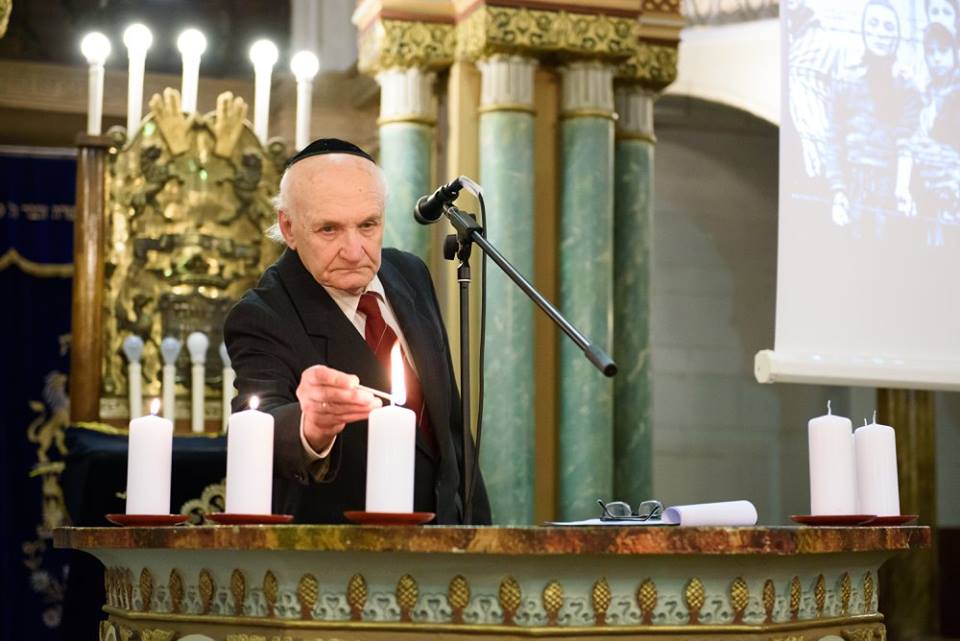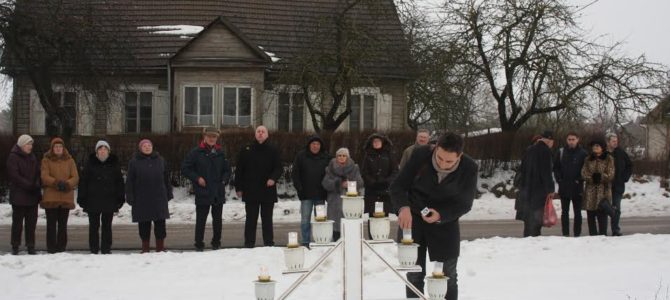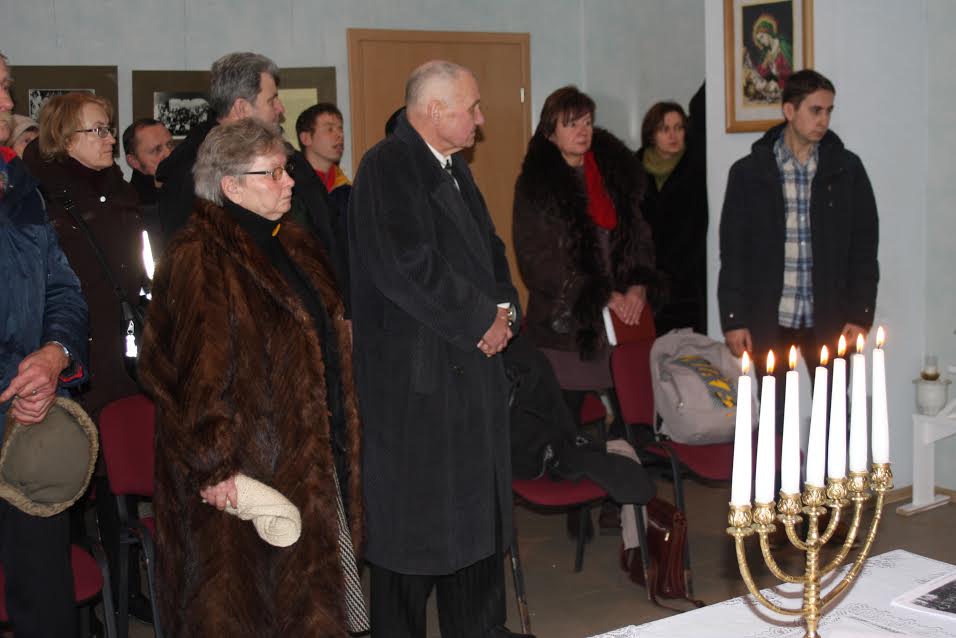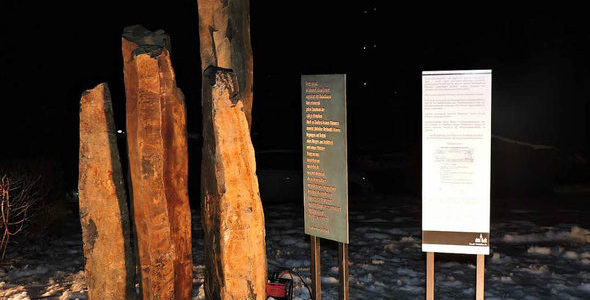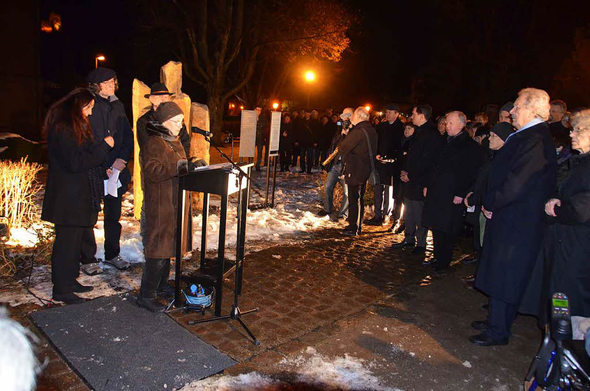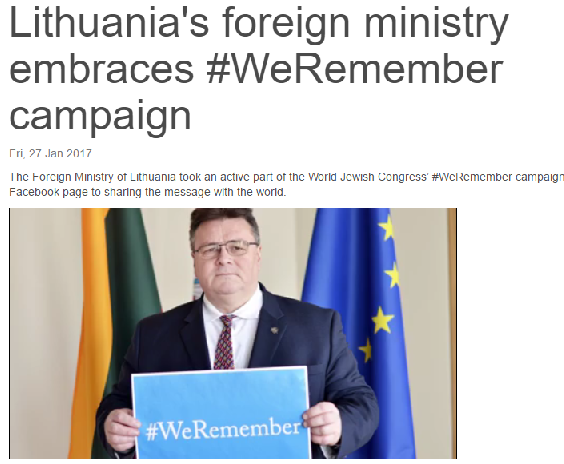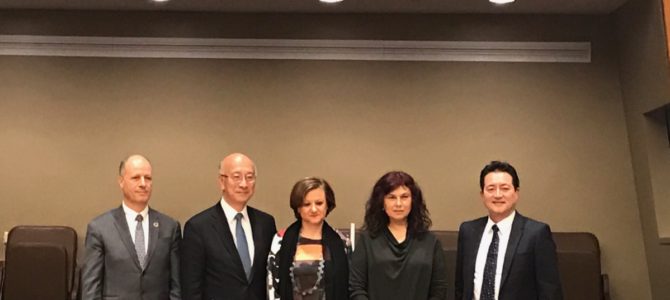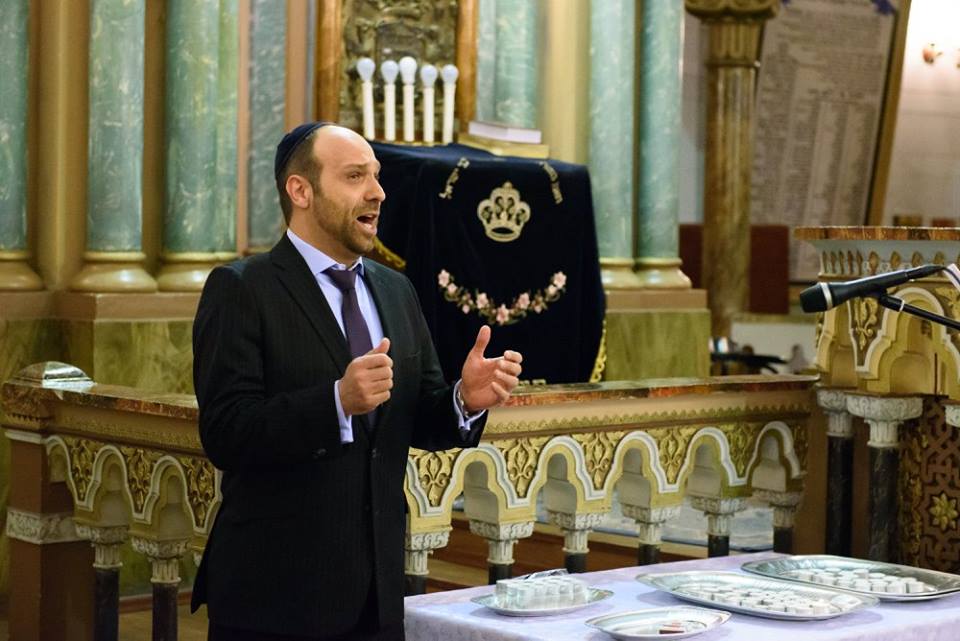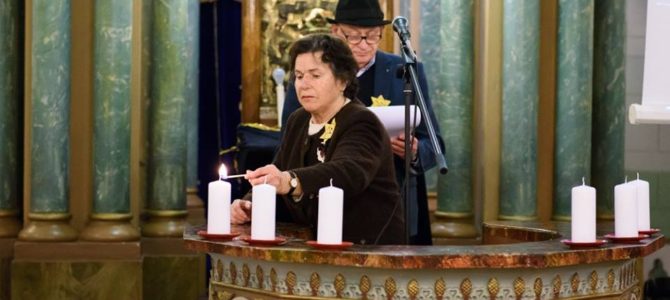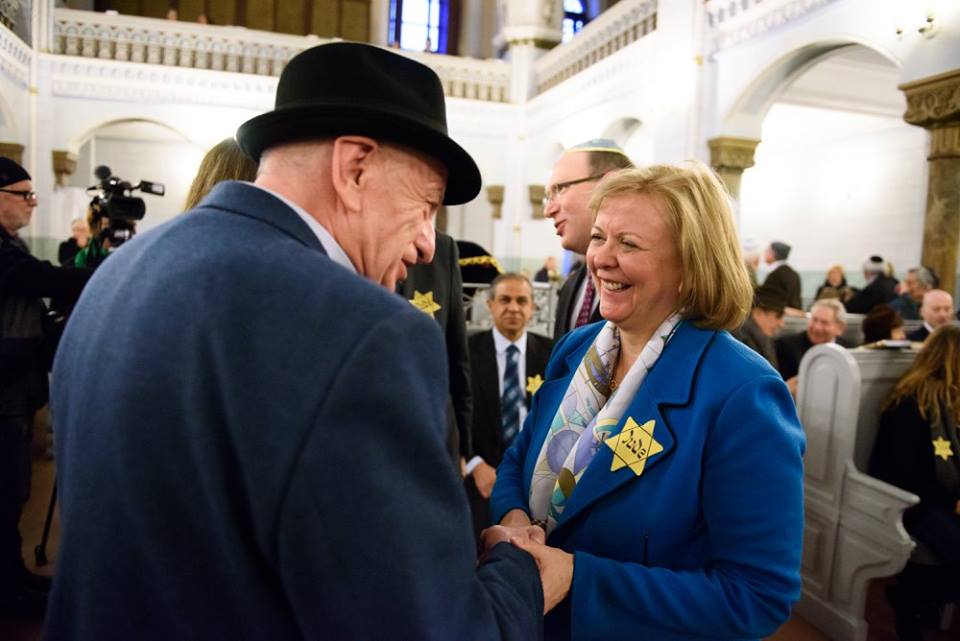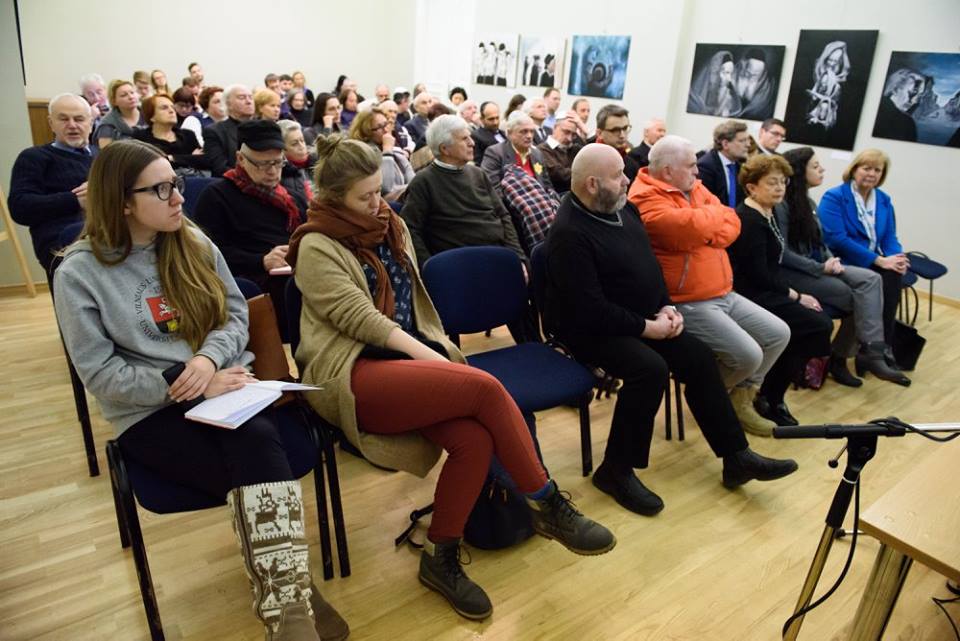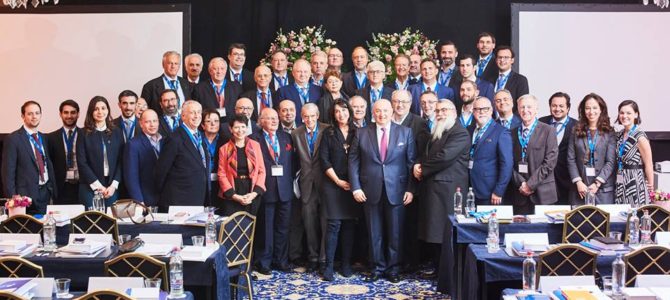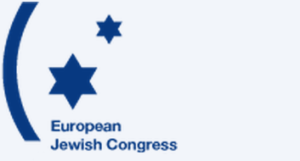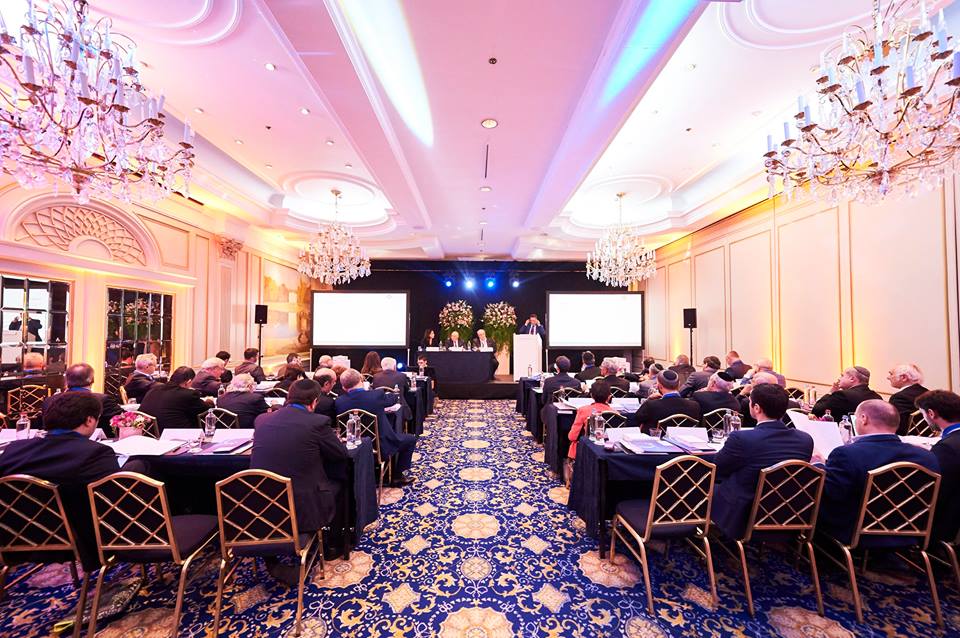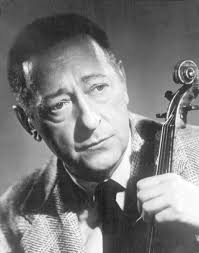
The fifth annual Jasche Heifetz violin contest will take place in Vilnius February 13-19, 2017. The Jascha Heifetz contest is one of the most significant musical competitions held in Vilnius celebrating the enduring legacy of the great Litvak violin virtuoso.
Although the 20th century produced so many excellent violinists, Heifetz stands out as the star of the highest magnitude within that constellation.
He was born in Vilnius in 1901 to a Jewish family. Vilnius was home to many nationalities, and Heifetz preserved the memory of his multicultural hometown and the life and musical traditions of his home. He began the climb to greatness in 1907 in Kaunas as a six-year-old prodigy. In 1912 he received European recognition for his talent in Berlin, and in America, beginning in 1917, he achieved world acclaim. Heifetz’s mastery has become the template for all modern violinists. The scholar Yuri Grigoryev believes the essential feature which set Heifetz apart from all others was actually the inspiration he took from the architecture of Old Vilnius, manifesting in architectonic grandiosity, classical sensibility and variety of expression.
Once George Bernard Shaw, won over by Heifetz’s performance, warned the artist in a letter the next day: “If you provoke a jealous God by playing with such superhuman perfection, you will die young. I earnestly advise you to play something badly every night before going to bed, instead of saying your prayers. No mortal should presume to play so faultlessly.” But God was kind to the artist. His art became part of the eternal repertoire of Grand Music and Vilna has the honor to be remembered as his birthplace.
Profesorius Jurgis Dvarionas
Full story in Lithuanian here.



















